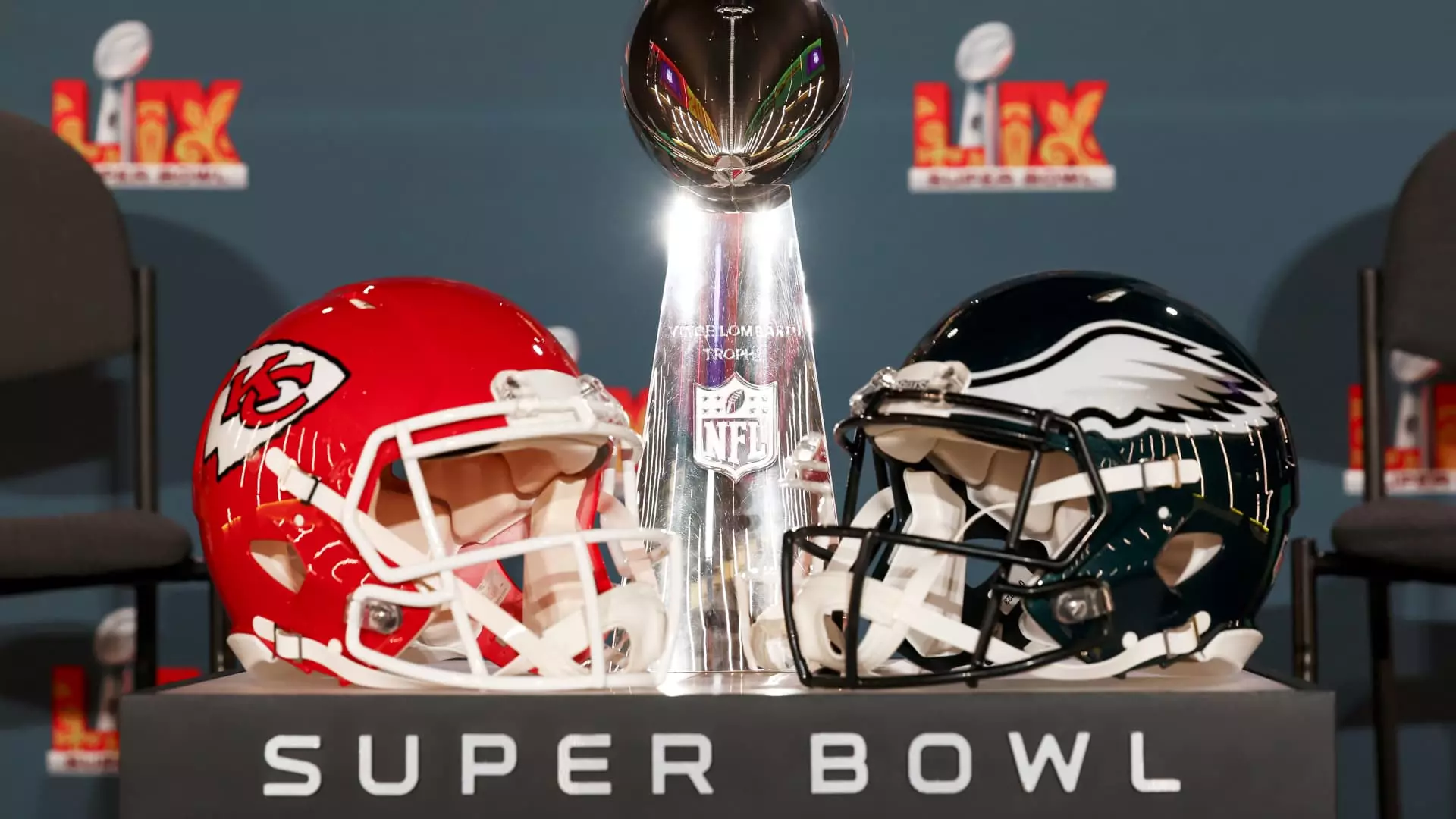In recent months, the NFL’s decisive action against players and staff involved in reselling Super Bowl tickets has exposed a troubling underside of professional sports—corporate greed that corrupts the very integrity of the game. While the league’s efforts to impose fines and restrictions may appear as a step toward accountability, they also highlight systemic issues rooted in unchecked profit motives. The scandal underscores how little regard some individuals have for the principles of fairness, turning a prestigious event into a breeding ground for illicit gains. The NFL’s move to fine players at 1.5 times the ticket’s face value and staff at double that amount signifies a punitive knee-jerk rather than a genuine commitment to overhaul a corrupted culture. It’s a stark reminder that in a hyper-commercialized sports landscape, the pursuit of personal profit often trumps loyalty to fans or the sport itself.
A Flawed System That Rewards Exploitation
The investigation unveiled a disturbing trend: select players, coaches, and club personnel exploiting their insider access to profit illicitly from the most sought-after tickets. This practice not only distorts the fairness of the competition but also diminishes the value of genuine fan engagement. When a handful of insiders leverage their positions for financial gain, it erodes the credibility of the league and breeds cynicism among dedicated followers. The NFL’s policy explicitly prohibits such reselling, yet the fact that this practice persisted speaks volumes about the vulnerabilities of the current system. The league’s response—penalties, bans, and increased compliance training—may serve as temporary deterrents, but they do little to address the broader cultural acceptance of profit-driven manipulation. Instead, it reveals a reluctance to confront the deeper issues of accountability and integrity.
The Implications for the Future of the NFL
This scandal goes beyond mere ticket reselling; it casts a shadow over the league’s commitment to fairness and transparency. Fans expect sports organizations to prioritize the game’s integrity over commercial interests, yet the NFL’s actions suggest a paradoxical tolerance of unethical behavior among its elite. For a league claiming to uphold traditional values, these revelations threaten to tarnish its reputation and erode public trust. While the NFL is now seeking to tighten its policies and impose harsher penalties, such measures seem reactionary rather than transformative. If the league truly wishes to restore confidence, it needs a fundamental cultural shift—one rooted in transparency, strict enforcement, and accountability at every level. Without that revolution, the game risks becoming just another commercial spectacle where personal greed prevails over collective integrity.

